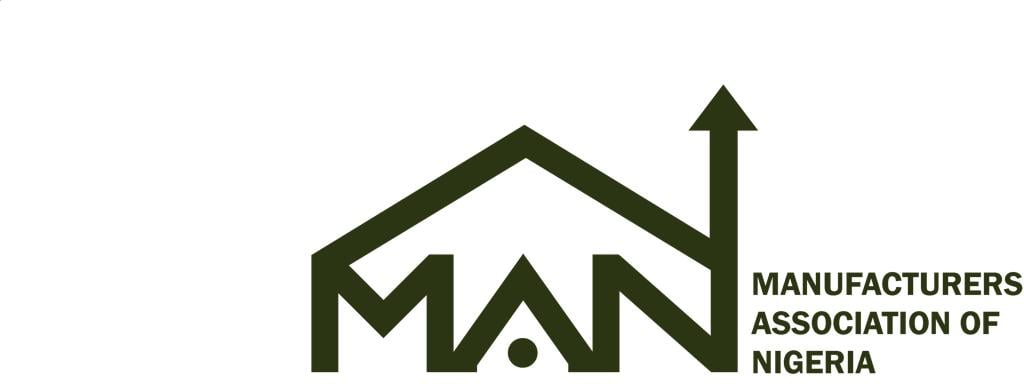The Manufacturers Association of Nigeria (MAN) has projected a stronger naira, continued decline in inflation, and improved access to credit for manufacturers in 2026.
Dr. Oluwasegun Osidipe, Director of Research and Economic Policy at MAN, revealed the outlook on Tuesday during the 2025 MAN Think Tank Session in Lagos. He said the projections are based on favourable oil prices, rising foreign investment, stable energy costs, and effective implementation of key industrial and fiscal policies.
“For manufacturers, the naira is expected to appreciate to N1,300–N1,400 per dollar, supported by global oil price recovery, stronger external reserves, robust export earnings, increased foreign investments, and remittance inflows,” Osidipe said.
Headline inflation is projected to ease further to 14 per cent, driven by stable energy prices, declining food costs, and a stronger naira. The Central Bank of Nigeria is anticipated to reduce its benchmark interest rate to around 23 per cent, encouraging credit expansion and economic growth.
Osidipe highlighted that further reductions in lending rates and the completion of bank recapitalisation would enhance credit availability for manufacturers, boosting investment and capacity utilisation.
Manufacturing output is expected to grow by 3.1 per cent, with its contribution to real GDP rising to 10.2 per cent. Osidipe noted that these gains depend on effective execution of new tax incentives, operationalisation of the National Single Window Project, and the implementation of the Nigeria Industrial Policy aligned with the “Nigeria First” framework.
Overall GDP growth for 2026 is projected at 4 per cent, driven by higher oil output and improved fiscal space.
Expansion in the financial and manufacturing sectors, coupled with increased consumption during the fourth-quarter election period, is expected to further support economic growth.
MAN’s forecast underscores optimism for Nigeria’s industrial sector, signalling potential gains for manufacturers, investors, and policymakers if key economic policies are effectively implemented.



